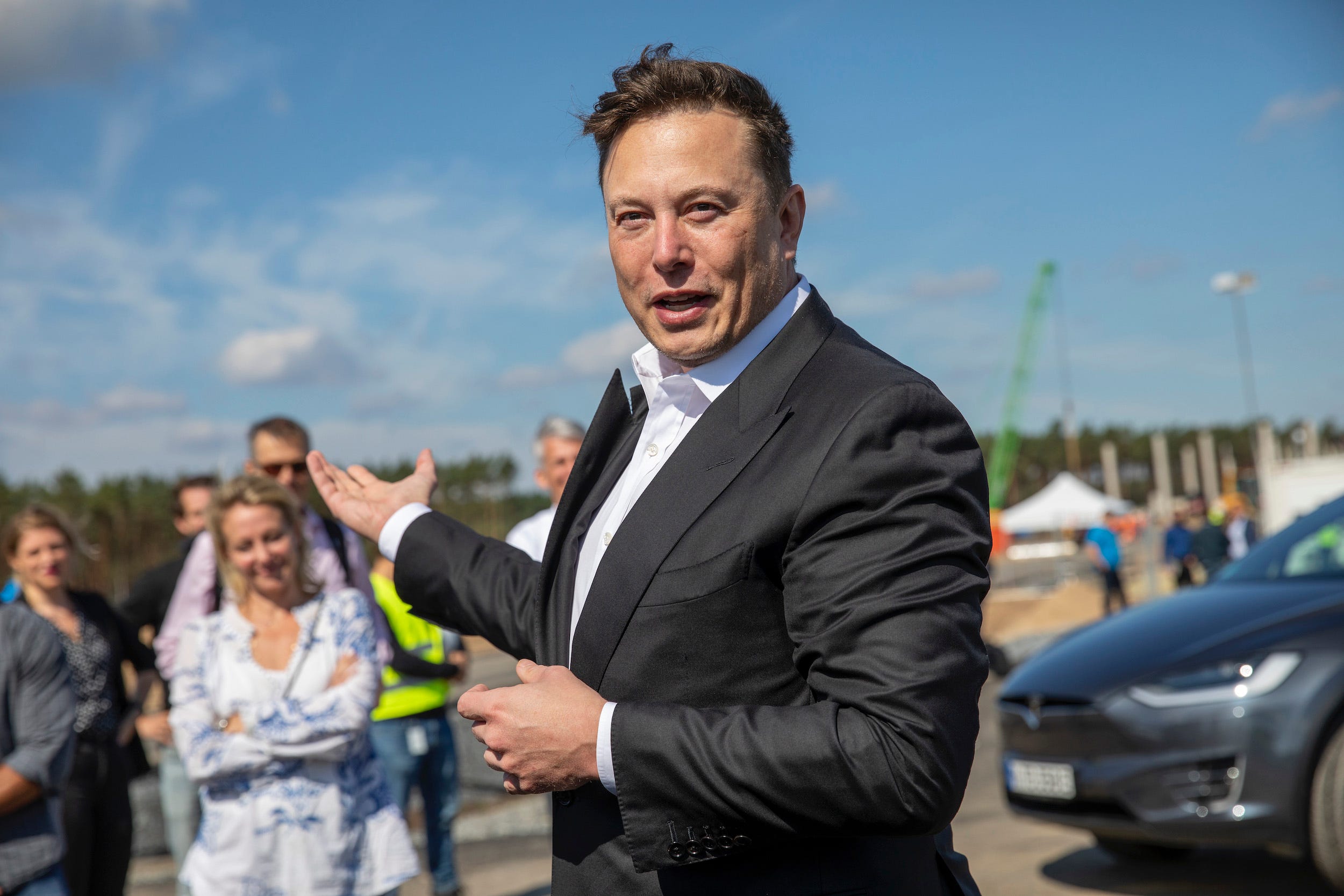
Maja Hitij/Getty Images
- Security cameras on a Tesla helped the police connect a man with a fire that gutted a Black church.
- Authorities say Dushko Vulchev, 44, was filmed removing a wheel from a Tesla near the church in Massachusetts.
- Vulchev, 44, faces up to 30 years in prison and a $250,000 fine if found guilty.
- See more stories on Insider's business page.
A man was arrested Thursday and charged with setting fire to a Black church in Springfield, Massachusetts, after the police used footage from cameras on a Tesla to help connect him to the crime.
Dushko Vulchev, 44, of Maine is awaiting trial, accused of destroying the Martin Luther King Jr. Community Presbyterian Church, which has a predominantly Black congregation, according to a statement from the US Department of Justice.
The DOJ said Vulchev set four fires at the church from December 13 to December 28, with the last one gutting the property.
He's also accused of slashing car tires in the area, and he was identified in part through video taken from one of those vehicles.
That vehicle, a Tesla parked near the church, recorded a man removing one of its tires on December 14, according to the testimony of an FBI agent, Casey Anderson, recorded in court documents submitted Thursday. Anderson identified the man as Vulchev.
"The video footage from the Tesla shows Vulchev at a close distance crouching near the Tesla and using a tire iron to remove the wheels," Anderson said, per the court documents.
Anderson cited video footage from other security cameras in the area that he said showed Vulchev near or at the scene of the other crimes.
Officials said they found racist messages and images on Vulchev's personal devices that they said demonstrated a "hatred of Black people."
Vulchev has been charged with four counts of damage to religious property involving fire - which the DOJ characterized as hate crimes - and one count of use of fire to commit a federal felony.
If found guilty, Vulchev faces up to 30 years in prison and a $250,000 fine.
While Tesla security cameras may have helped the police in this case, some are concerned that they pose a privacy risk. In March, Consumer Reports said Tesla's cameras inside its cars, which transmit video footage of passengers, could allow outside parties to gain data access for malicious purposes.
In March, Chinese officials began limiting where military and state workers were driving and parking their Teslas on state property, out of concern that cars' cameras could collect sensitive information. Tesla said in response that the cameras weren't active outside North America.
